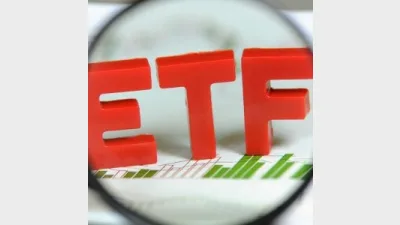Smart beta ETFs to be repeat outperformer



Smart beta exchange traded funds (ETF) are likely to be repeat outperformers but will also become harder to evaluate as that segment of the ETF market matures according to Morningstar.
In a briefing report released by the research house it stated that while smart beta (titled strategic beta by Morningstar) invested in a series of factors designed to outperform or reduce risk, "some factors are more ‘proven' than others" and will outperform on a consistent basis.
Morningstar said some factors "are well grounded in economic and/or behavioural patterns" and "are associated with real risks, which is why they offer real and ongoing higher returns."
The research house said these factors have been tracked and tested for many years, with factors such as liquidity and value set to continue to offer repeatable performance and warned about less tested factors.
"Some of the newer multi-factor strategies do not have the same academic and behavioural underpinnings," Morningstar stated claiming that "some of these funds track benchmarks that have short track records and were designed for the sole purpose of serving as the basis of the ETF"
Morningstar also stated that while early smart beta funds focused on basic style tilts around value, growth and small caps newer funds have become more complex and are overlaying several factors such as country, sector and style tilts and cautioned is required in assessing these funds.
"As strategic beta funds become more complex so, too, does the process of evaluating them," Morningstar said.
"Investors' due-diligence processes for these funds need to be every bit as rigorous as those they would undertake in scrutinising active managers."
Recommended for you
Bell Financial Group has appointed a chief investment officer who joins the firm from Clime Investment Management.
Private markets funds with “unattractive practices” could find themselves facing enforcement activity with ASIC chair Joe Longo stating he cannot rule it out in the future.
Despite ASIC concerns about private credit funds being accessed via the advised channel, there are questions regarding how high its usage actually is among financial advisers.
Challenger has looked to the superannuation industry for its appointment of a group chief investment officer, a newly-created role.









